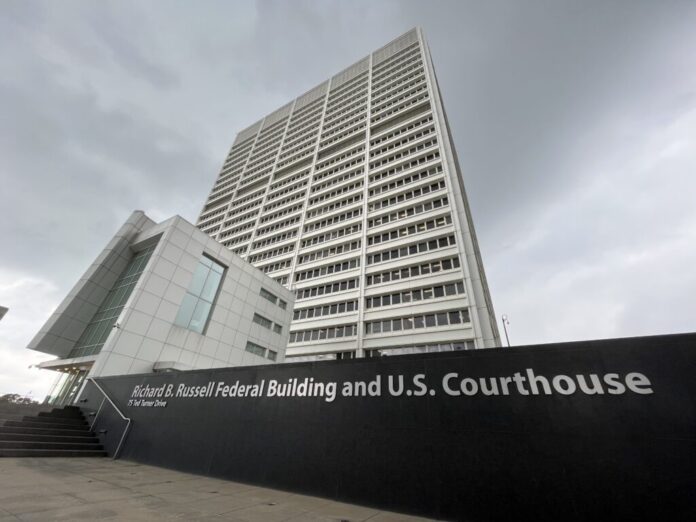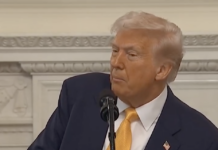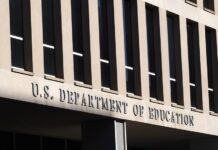
(Georgia Recorder) — A federal judge has denied a request for the court to immediately intervene and extend Georgia’s deadline to register to vote after Hurricane Helene devastated a wide swath of the state.
But Judge Eleanor L. Ross with the Atlanta-based Northern District of Georgia left the door open for a trio of voting rights groups to convince her an extension is needed. A hearing is set for Thursday afternoon.
Georgia’s deadline to register was Monday. Already, most Georgians are already signed up to vote, but newcomers and those who recently reached voting age are among those who would need to register before casting a ballot in the Nov. 5 election. There are 8.2 million registered voters in Georgia.
The lawsuit was brought by the Georgia conference of the NAACP, Georgia Coalition for the People’s Agenda and New Georgia Project against Gov. Brian Kemp and Secretary of State Brad Raffensperger. It argues that not extending the deadline to register could keep “tens of thousands of Georgia residents” from voting this fall.
Reopening the registration process could make a difference in a state where the last presidential election was decided by less than 12,000 votes.
The plaintiffs are arguing that widespread power and internet outages, government office closures and disruptions to mail service and travel in the wake of Helene hampered their ability to sign up more voters during the usually busy final week to register. The groups had to cancel voter registration events and suspend door-to-door canvassing last week.
The groups are asking the judge to require the state to reopen the registration process statewide and allow people to sign up by all methods until Oct. 14 – which is one day before early voting starts.
As an alternative, the groups are asking the judge to reopen voter registration for the 66 counties that are still under the governor’s state of emergency.
The request comes as some of the south Georgia counties that were devastated by Helene are bracing for Hurricane Milton, which is expected to make landfall in Florida sometime Wednesday evening.
The lawsuit argues that Helene’s timing “could not have been worse for access to participate in the election in Georgia.” Several of Georgia’s hardest-hit counties, such as Chatham and Lowndes counties, have “significant” Black populations, according to the lawsuit.
“Losing access to voter registration during the final week before the deadline is particularly injurious to voters. Interest in an election tends to increase as Election Day draws closer,” the plaintiffs’ attorney wrote in the lawsuit.
But attorneys for the state are fighting the request, saying it would impose a burden on local election officials who are gearing up for early voting, which starts Tuesday.
The Republican National Committee and Georgia Republican Party have also intervened on the state’s behalf. Brad Carver, who represented the GOP at Tuesday’s hearing, argued that extending the deadline now would “dramatically impact” how the election is conducted.
“We are already in the turnout phase of party activities,” said Carver, who served as an alternate GOP elector during the 2020 election. He also argued that potential voters had “many, many months” before the deadline to register.
Julie Houk, an attorney with the Lawyers’ Committee for Civil Rights Under Law, said they did not have examples of specific voters who were unable to register because of Helene’s impact but argued it was highly likely prospective voters that would have signed up will be left out of the electoral process if the judge does not intervene.
In South Carolina, the state Democratic party successfully petitioned the courts for a 10-day extension in the wake of Helene.
In Georgia, the plaintiffs are represented by the American Civil Liberties Union, ACLU of Georgia, NAACP Legal Defense Fund, Lawyers’ Committee for Civil Rights Under Law, and the law firm Cooley LLP.







